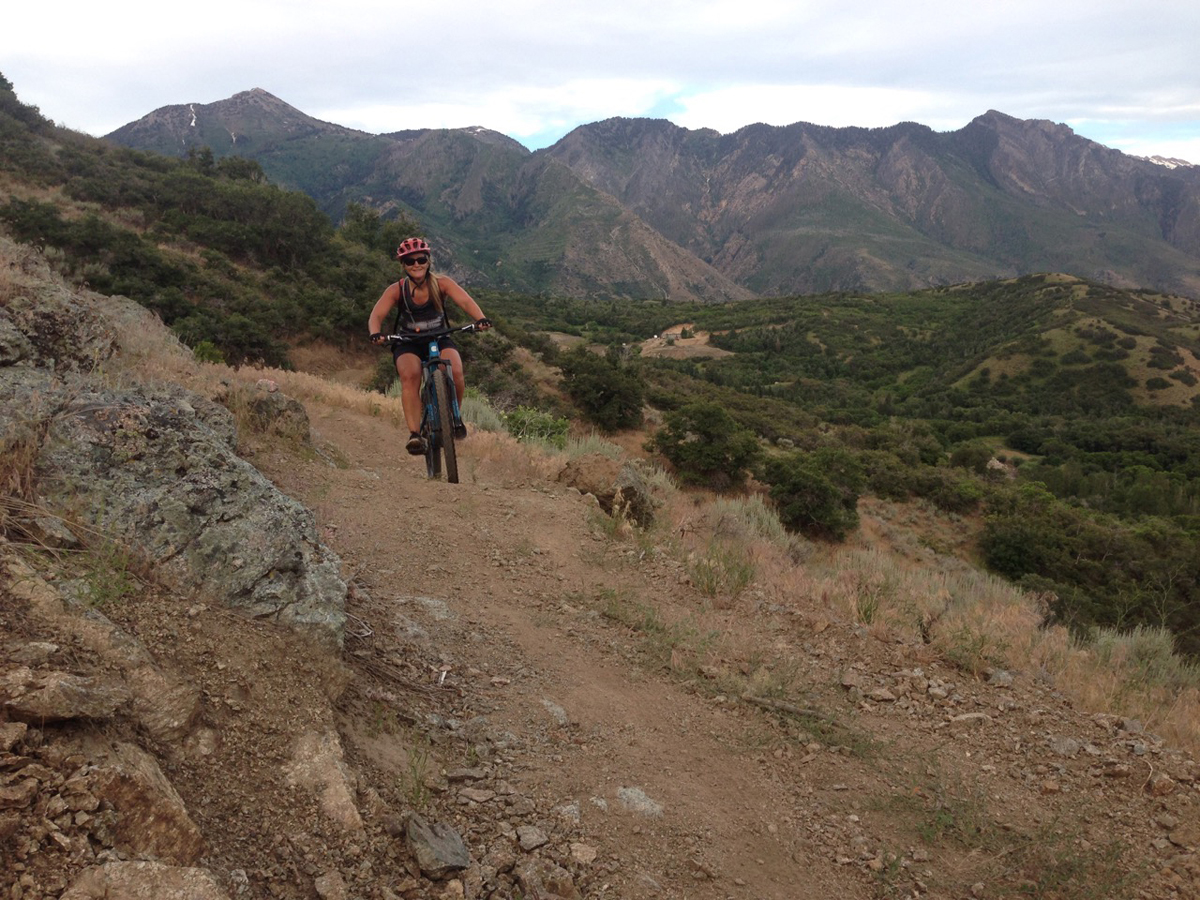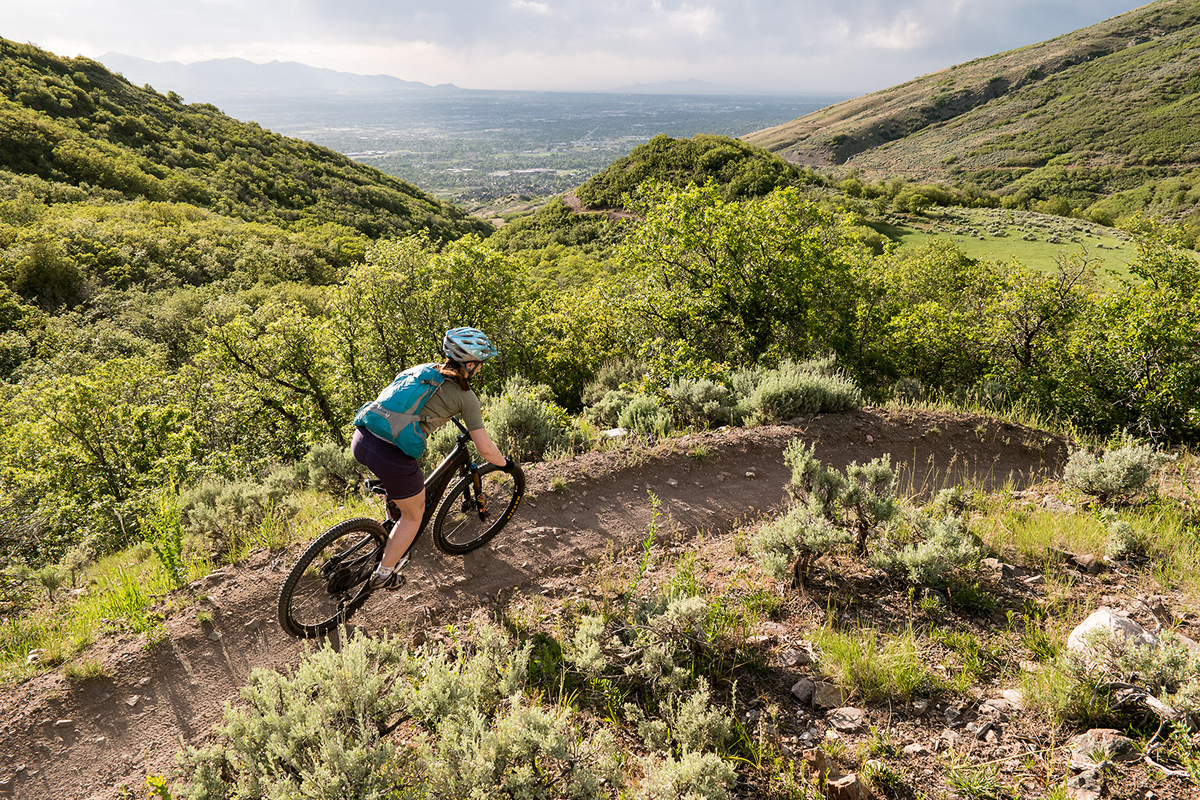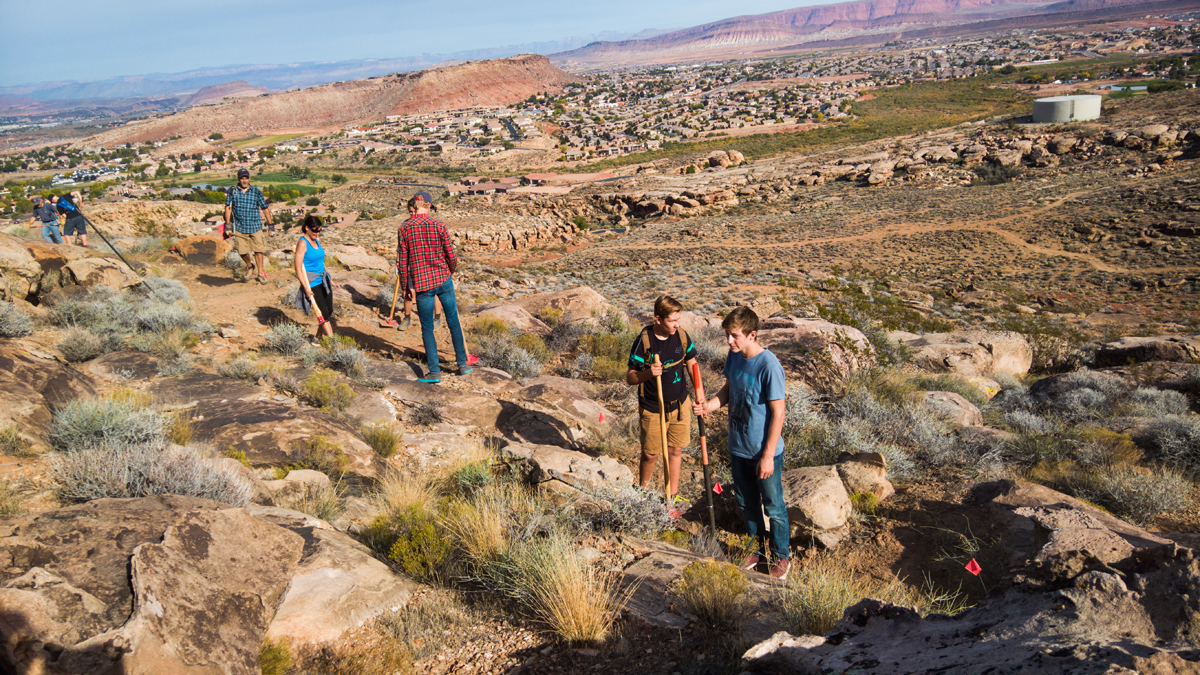BOULDER, Colo. (July 22, 2020) — On Wednesday, July 22 the House of Representatives passed the Great American Outdoors Act with a vote of 310–107, following its passage in the Senate on June 17 with a vote of 73–25. The bill now heads to the White House where it is expected to be signed into law by President Trump. The legislation includes permanent full funding for the Land and Water Conservation Fund (LWCF) and addresses the deferred maintenance backlog across federal public lands with billions of dollars in new funding.

“The Great American Outdoors Act is a once-in-a-generation bill. It’s the result of decades of advocacy work for recreation and our outdoor places. Mountain bikers can look forward to more and better trails, both close to home and from coast to coast,” said David Wiens, IMBA Executive Director.
For decades the recreation community has worked to protect programs with funding levels in the millions. This bill will now fund trails, parks and public lands with $2.8 billion a year: $900 million annually in permanent full funding for LWCF, and $1.9 billion annually in new funding for the federal maintenance backlog. Mountain bikers pushed to see the Great American Outdoors Act introduced in the Senate in March, after their voices helped the outdoor community permanently reauthorize LWCF in 2019.

“Nearly 14,000 mountain bikers have contacted their representatives in support of LWCF and the Great American Outdoors Act, in partnership with thousands upon thousands more outdoor recreation advocates across the country,” said Wiens. “As we celebrate, we must remember this historic level of funding means the hard work for trail advocates is just beginning. Mountain bikers, let’s stay engaged and active. Let’s get to work for more trails.”
In the 55-year history of LWCF, the bipartisan program has only been funded at the maximum $900 million on two occasions. Funding has often been a small fraction of the maximum, and advocacy work is dedicated to preserving the program and funding. Now, instead of working to fund the program, advocates will be able to spend much more time putting the funds to use. LWCF has helped create trailheads, parks, mountain bike trails and other great outdoor recreation opportunities all across the country. Eight IMBA EPICS, from Arkansas to Montana to Wisconsin, have been made possible through LWCF funding.

The deferred maintenance backlog on public lands sits at tens of billions of dollars across the National Park Service, the Forest Service and the Bureau of Land Management, with the Forest Service having unfunded maintenance of more than $5 billion. IMBA and its partners worked hard to include the Forest Service and Bureau of Land Management in the bill, as those agencies are vital for mountain biking. IMBA Local Partners are intimately familiar with this funding gap, and have long helped federal land managers evaluate existing mountain bike trails and address maintenance issues to ensure an enjoyable mountain biking experience. IMBA Local Partners contributed more than 54,000 hours of volunteer stewardship on public lands in 2019.
“The Great American Outdoors Act will help meet the demand for accessible outdoor spaces, put people to work building and maintaining trails and parks across the country, and help create trail systems that provide lasting economic benefits. The pandemic has revitalized the importance of the outdoors. At the same time, it has highlighted how we don’t have enough trails close to home, and how the trails that exist aren’t always equally distributed,” said Wiens.








